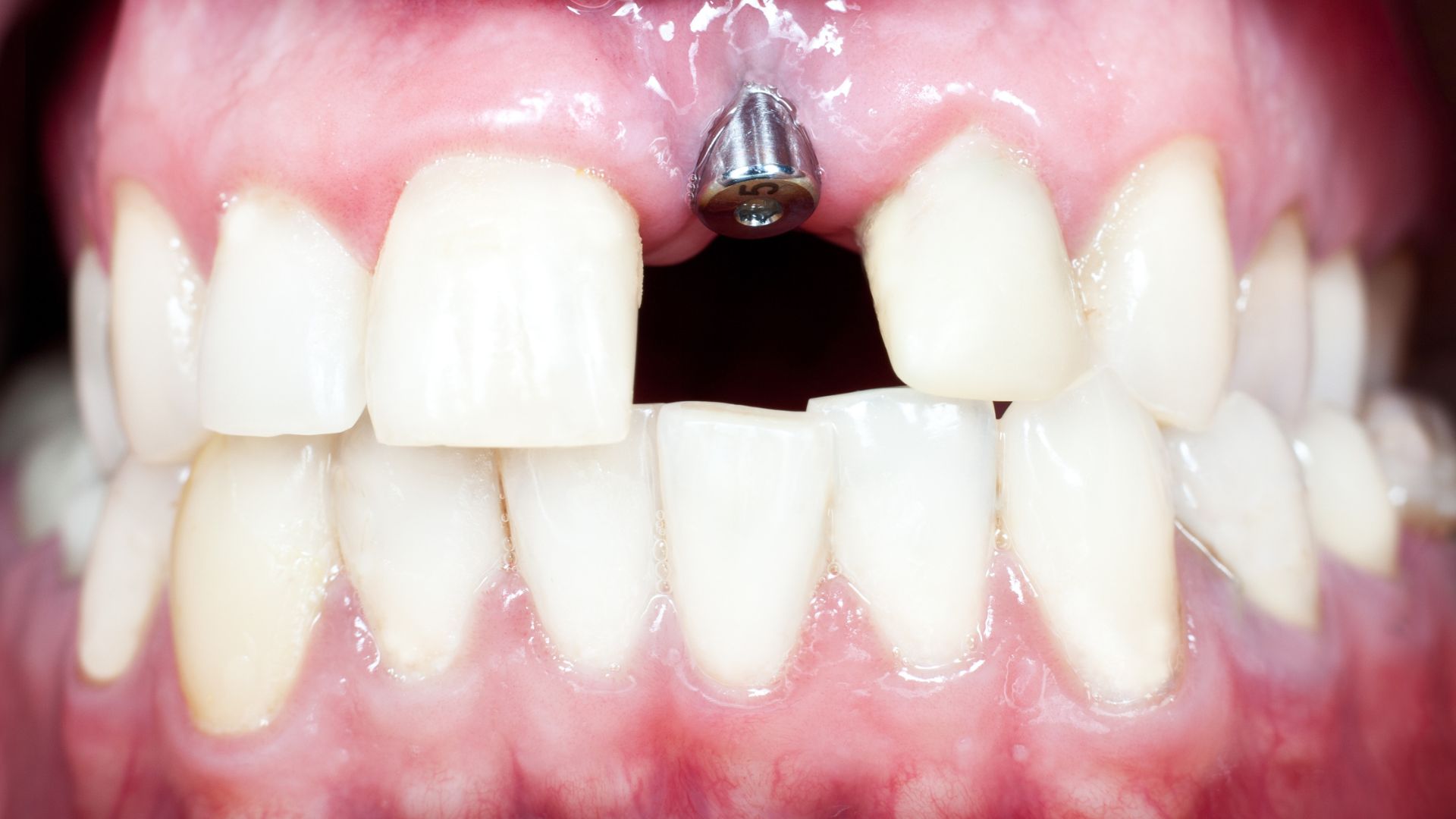Which is a leading cause of dental implant failure?

Dental implant failure can occur due to various factors, and understanding the potential causes and contributors is crucial for both patients and dental professionals. In this detailed explanation, we will explore the reasons behind dental implant failure, taking into account both surgical and prosthetic aspects, as well as patient-related factors.
- Poor Osseointegration: Osseointegration is the process by which the dental implant fuses with the surrounding bone. If this process is not successful, it can lead to implant failure. Several factors can contribute to poor osseointegration, including:
- Insufficient Bone Quality or Quantity: Adequate bone volume and density are essential for successful osseointegration. If there is inadequate bone at the implant site due to factors such as bone resorption, trauma, or infection, the implant may fail to integrate properly.
- Improper Surgical Technique: Precise surgical technique is critical for achieving optimal osseointegration. Factors such as inadequate implant stability, overheating of the bone during drilling, or excessive force applied during implant placement can hinder osseointegration.
- An infection at the implant site can compromise osseointegration. Infection can occur during or after the implant surgery, primarily due to bacterial contamination. Inadequate sterilization of implant components or poor oral hygiene can contribute to implant-related infections.
- Peri-implantitis: Peri-implantitis is a destructive inflammatory condition affecting the tissues surrounding dental implants, similar to periodontitis that affects natural teeth. It can result from bacterial infection and inflammation, leading to bone loss and implant failure. Contributing factors include:
- Poor Oral Hygiene: Inadequate oral hygiene practices, such as inadequate brushing and flossing around the implant area, can allow bacteria to accumulate and trigger peri-implantitis.
- Smoking has been associated with an increased risk of peri-implantitis. It impairs the body's immune response and reduces blood flow to the oral tissues, making smokers more susceptible to implant-related complications.
- Systemic Factors: Certain systemic conditions, such as diabetes, can compromise the body's ability to fight infection and impair wound healing. Uncontrolled diabetes has been linked to an increased risk of peri-implantitis.
- Overloading: Dental implants need time to heal and integrate with the bone before they can bear the full force of chewing and biting. Overloading occurs when excessive force is applied to the implant prematurely, hindering the healing process and leading to implant failure. Factors contributing to overloading include:
- Bruxism (Teeth Grinding): Patients with bruxism habitually exert excessive forces on their teeth, including dental implants, which can lead to implant failure.
- Improper Occlusion: Misalignment of the bite (occlusion) can distribute excessive forces to the implant, compromising its stability and increasing the risk of failure.
- Poor Prosthetic Design or Manufacturing: The prosthetic components, including the implant crown or bridge, play a significant role in the long-term success of dental implants. Issues related to prosthetic design or manufacturing can contribute to implant failure, such as:
- Implant Crown Misfit: Poorly fitting implant crowns can exert excessive stress on the implant and surrounding tissues, leading to failure.
- Material Fracture or Wear: Inadequate material strength or improper occlusion can cause prosthetic components to fracture or wear down over time, compromising the implant's longevity.
It's critical to remember that implant failure is comparatively uncommon and that many of the risk variables can be reduced by cautious patient selection, meticulous surgical technique, and attentive postoperative care. It is essential to speak with your dentist or oral surgeon if you have concerns about your dental implant so they can assess the issue and make suitable treatment recommendations.
How common is failed dental implant?
The success rate of dental implants is generally high, with reported success rates ranging from 90% to 98%. However, it's important to note that the success of dental implants can vary depending on various factors, including the patient's overall health, oral hygiene, the location of the implant, the quality and quantity of the bone at the implant site, and the skill and experience of the dental professional performing the procedure.
What is the success rate of a dental implant?
Several studies have been conducted to determine the success rates of dental implants over the long term. These studies have shown that the success rates tend to be very favorable. A systematic review analyzed the results of multiple studies and reported an overall implant survival rate of 96.4% after five years and 95.0% after ten years.
It's important to understand that implant failure can still occur, and there are various factors that can contribute to it, as mentioned earlier. However, with proper patient selection, meticulous treatment planning, and adherence to post-operative care instructions, the chances of a successful outcome are significantly increased.
If you are considering dental implant treatment, it is recommended to consult with a qualified dental professional who can evaluate your specific situation and provide you with a more accurate assessment of the success rate based on your individual circumstances.
Dental implants can fail, although the failure rate is relatively low. The success rate of dental implants is generally high, with reported success rates ranging from 90% to 98%. However, various factors can contribute to implant failure. Some common reasons for dental implant failure include:
If you have any questions you do not find here, please contact us.
